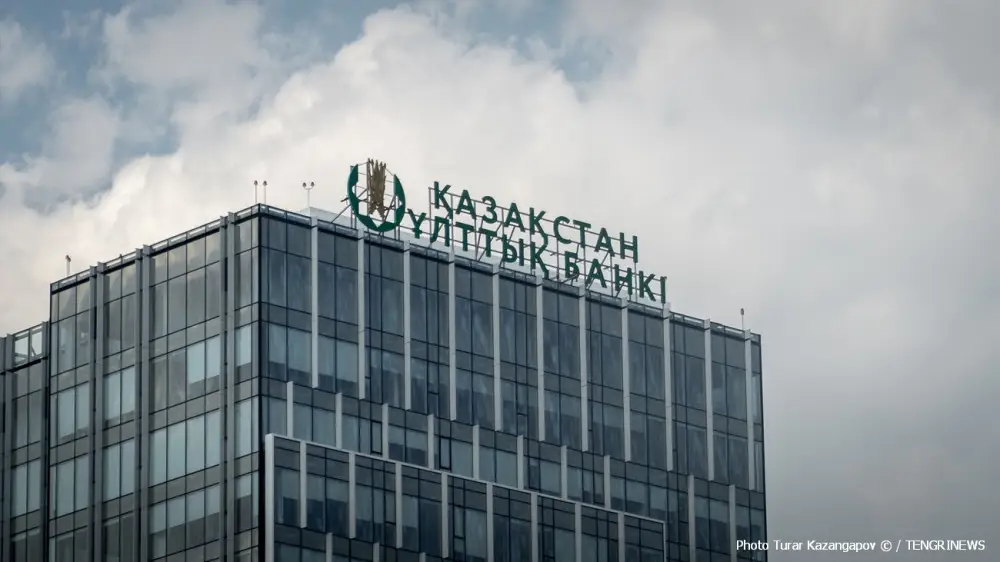Kazakhstan's regulator raises the base rate due to inflationary risks.
Kazakhstan's Regulator Raises Base Rate Amid Inflation Risks
The National Bank of the Republic of Kazakhstan (NBK) has decided to raise the base rate to 15.25% per annum with a corridor of +/- 1 percentage point, as stated in the regulator's press release. This decision, made by the Monetary Policy Committee, is based on updated macroeconomic forecasts and an assessment of the inflation risk balance.

According to the NBK's report, inflation in Kazakhstan has accelerated to 8.5%. Key factors contributing to the price increase include the rise in regulated services under the “Tariff in Exchange for Investments” program, the depreciation of the national currency (tenge), and the increase in prices for non-food goods and services driven by high domestic demand, fueled by government spending despite the budget deficit.
Despite the slowdown in global inflation, Kazakhstan is facing additional external pressures: rising global food prices, high inflation, and fluctuations in the ruble exchange rate in Russia are increasing uncertainty in financial markets. The projected Brent oil price of $70 per barrel until the end of the forecast period, influenced by China's economic slowdown and increased oil production in other regions, is also a factor.
The NBK forecasts inflation at 8-9% in 2024, 6.5-8.5% in 2025, and 5.5-7.5% in 2026. A return to the target rate of 5% is expected only by 2027. The dampening effect of reforms in the housing and utilities sector, the weakening of the tenge, and rising external inflationary pressures contribute to this slowdown. Economic growth is projected to be 4-4.5% in 2024, 4.5-5.5% in 2025, and 4.6-5.6% in 2026. The decline in oil prices and moderate external demand are holding back growth, but domestic demand continues to outpace the economy's capabilities, sustaining inflationary pressure.
According to the NBK, the increase in the base rate has become a necessary measure in response to the weakening exchange rate, declining real interest rates, and increased volatility in financial markets. The National Bank emphasizes that it will closely monitor the situation and is ready for further tightening of monetary policy to achieve the inflation target of 5%.